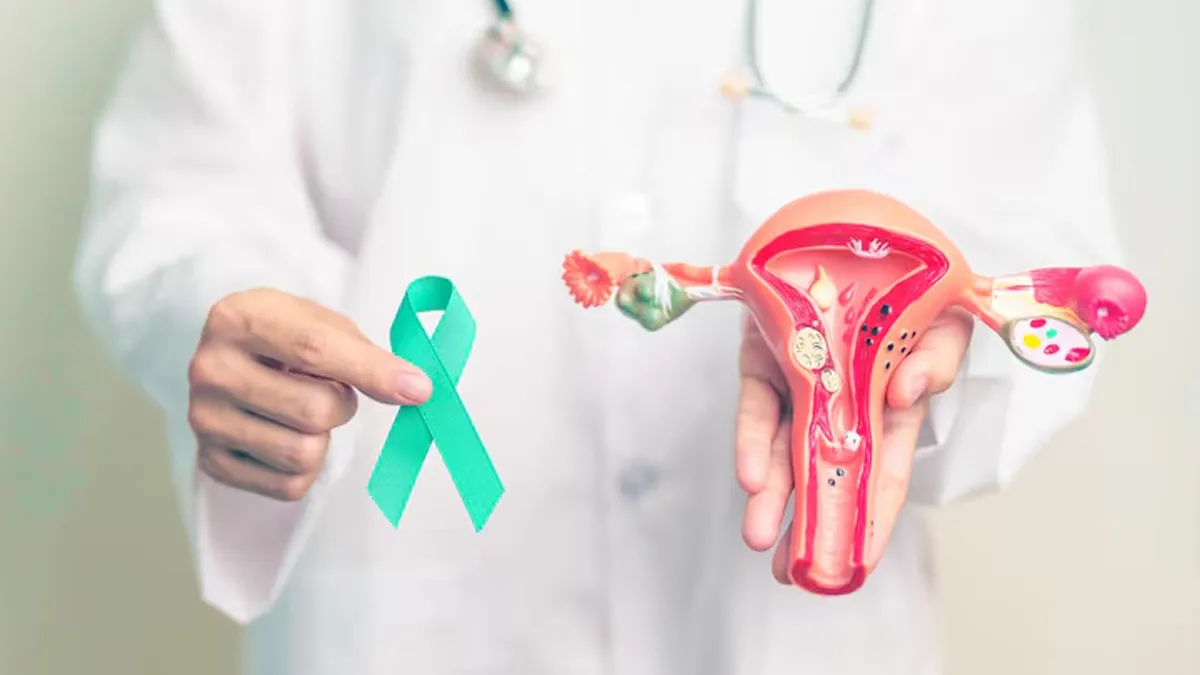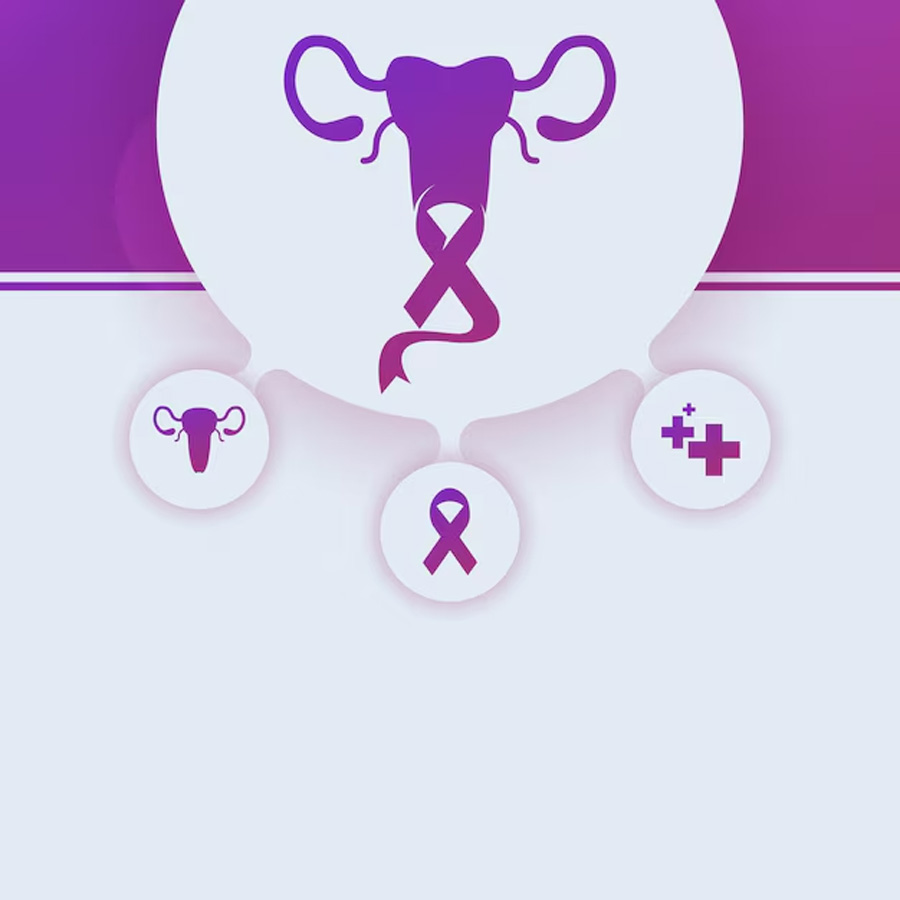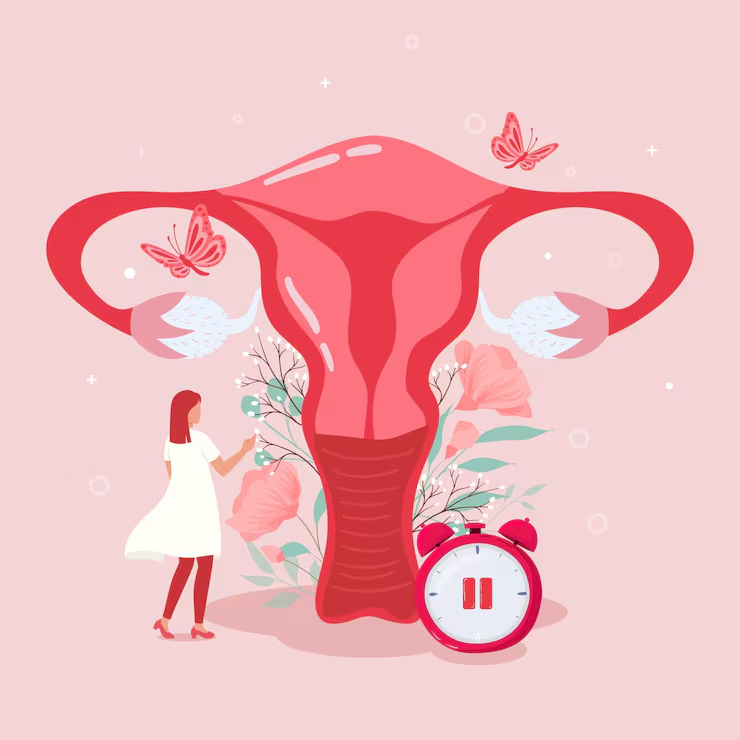
Gynecologic Cancer Prevention: When it comes to preventing gynaecologic cancers (cancers of the female reproductive system), everyday choices can make a meaningful difference. From what we eat to how active we are, small lifestyle habits can add up to better health. India's cancer cases are increasing, with around 1.56 million new cases expected in 2025, as per health reports. Cervical and breast cancers are common among women. Changes in diet, rising obesity, delayed childbirth, and less physical activity are contributing factors, highlighting the need for lifestyle changes to prevent cancer.
To better understand the role of prevention, we spoke with Dr Abhilasha Narayan is a Consultant Onco-Gynaecologist and Obstetrician, HCG Cancer Centre, Bangalore, who shares her expert insights on steps women can take to reduce their risk.
Centers for Disease Control and Prevention mentions, “Gynecologic cancer is a disease in which cells in a woman's reproductive organs grow out of control. The five main types of gynecologic cancer are: cervical, ovarian, uterine, vaginal, and vulvar.”
“While some risk factors such as genetics or age can’t be changed, research shows that lifestyle factors like obesity, inactivity, smoking, and HPV exposure, strongly influence one’s risk. Proper health check and consistent changes over time can shift the balance in your favour” when it comes to prevention”, explains Dr Abhilasha Narayan.
One of the challenges with gynaecologic cancers is that they often start with symptoms so subtle that many women dismiss them as routine or unrelated.

“Warning signs such as persistent or irregular vaginal bleeding, unusual discharge with a strong odour or abnormal colour, chronic pelvic pain, or a constant sense of bloating and discomfort in the lower abdomen should never be overlooked”, says Dr Abhilasha Narayan.
In some cases, these early signals may also include changes in urinary habits or pain during intercourse. While such symptoms can sometimes be linked to less serious conditions, they may also point to cancers of the cervix, uterus, or ovaries.
Health experts stress that timely consultation with a gynaecologist, even for seemingly minor concerns, greatly improves the likelihood of early detection, making treatment more effective and outcomes far more hopeful.
One of the clearest links is between overweight/obesity and increased risk of uterine cancer (endometrial) and possibly ovarian cancer. Excess fat produces hormones and inflammatory chemicals that can fuel abnormal cell growth. Keeping your body mass index (BMI) in a healthy range and losing even 5–10 % of body weight can make a big difference.
Exercise has benefits beyond weight control. Studies suggest that regular activity lowers the risk of womb cancer by affecting hormone levels and improving metabolism. Dr Narayan notes that “Regular physical activity, even walking for 30 minutes daily, and balanced diet choices can help manage body weight and reduce inflammation.”

What you eat can help, too. A diet rich in whole grains, fresh vegetables, legumes, fruit and lean proteins supports immune health and reduces inflammation. “A diet rich in fruits, vegetables, legumes, and whole grains builds immune resilience. Minimising processed, high-fat, and refined foods supports hormonal balance and lowers cancer-promoting inflammation”, recommends Dr Narayan.
Tobacco use is a major risk factor, particularly for cervical, vulvar and vaginal cancers. It also weakens immunity and exacerbates viral infections like HPV. Similarly, alcohol may impact hormone balance and cellular health. Dr Narayan explains, “Tobacco use is strongly linked to cervical cancer, while limiting alcohol consumption further supports overall cancer prevention.”
Don't miss: How Safe Is Pregnancy After 40? Expert Insights on Risks and Precautions
Human papillomavirus (HPV) infection is the primary driver for cervical, vulvar and vaginal cancers. The HPV vaccine is a key preventive tool. Additionally, practising safe sex reduces transmission risks.

Dr Narayan advises, “HPV vaccine, Pap smears and other screening tests can detect precancerous changes, enabling timely intervention and greatly improving outcome. Getting vaccinated before sexual debut and staying up to date with HPV screening.”
Don't miss: Debunking Menopause Myths: What Indian Women Should Know About Weight, Hormones and Sexual Health
Prevention is not just habits, it’s also proactive detection. Cervical screening (Pap smears and HPV tests) can find precancerous changes early. Many gynaecologic cancers don’t cause symptoms until late, so regular check‑ups are vital. Dr Narayan underscores the need to seek medical advice even for subtle changes, irregular bleeding, pelvic discomfort, unusual discharge.
Note: Make sure to consult an Onco-Gynaecologist if you feel any of the symptoms of Gynaecologic Cancers.
For more such stories, stay tuned to HerZindagi.
Image credit: Freepik
Our aim is to provide accurate, safe and expert verified information through our articles and social media handles. The remedies, advice and tips mentioned here are for general information only. Please consult your expert before trying any kind of health, beauty, life hacks or astrology related tips. For any feedback or complaint, contact us at compliant_gro@jagrannewmedia.com.